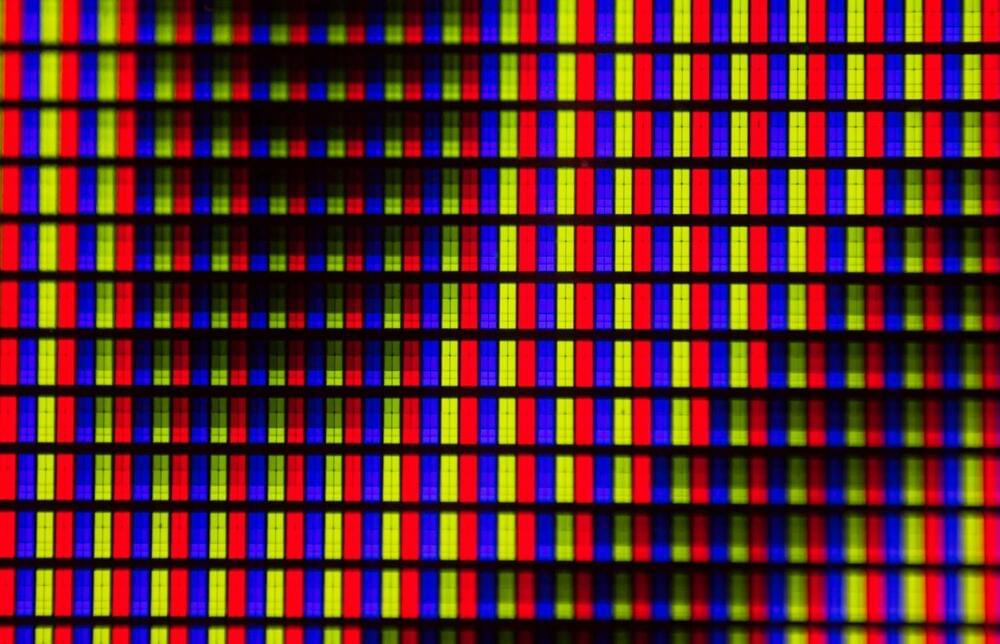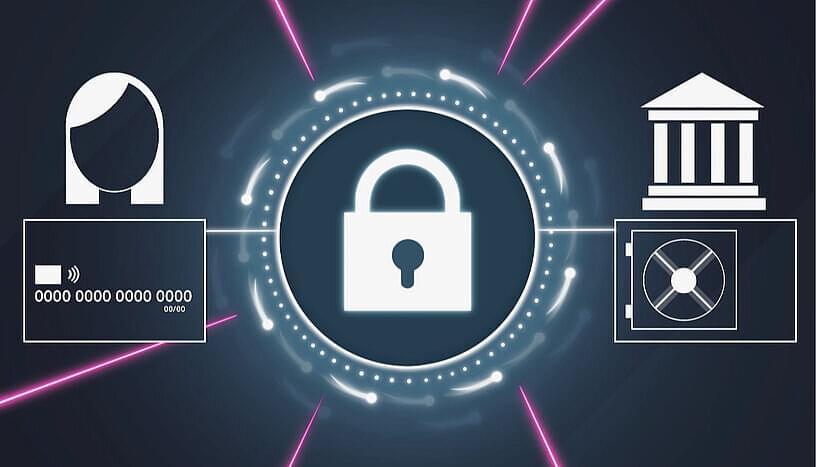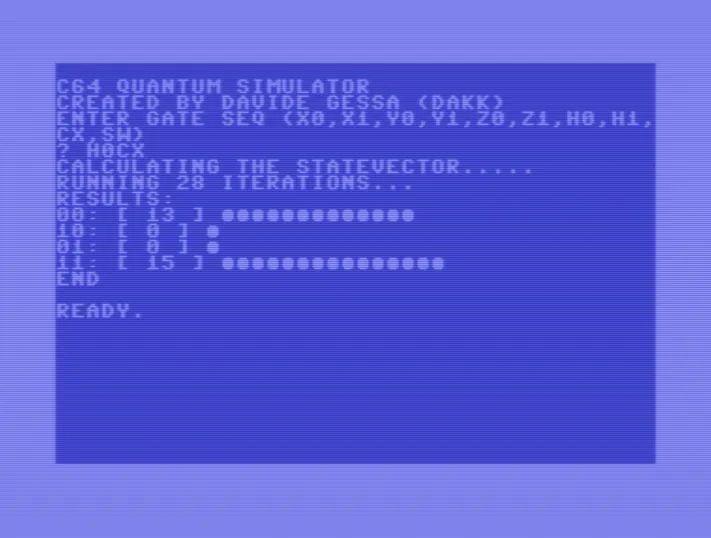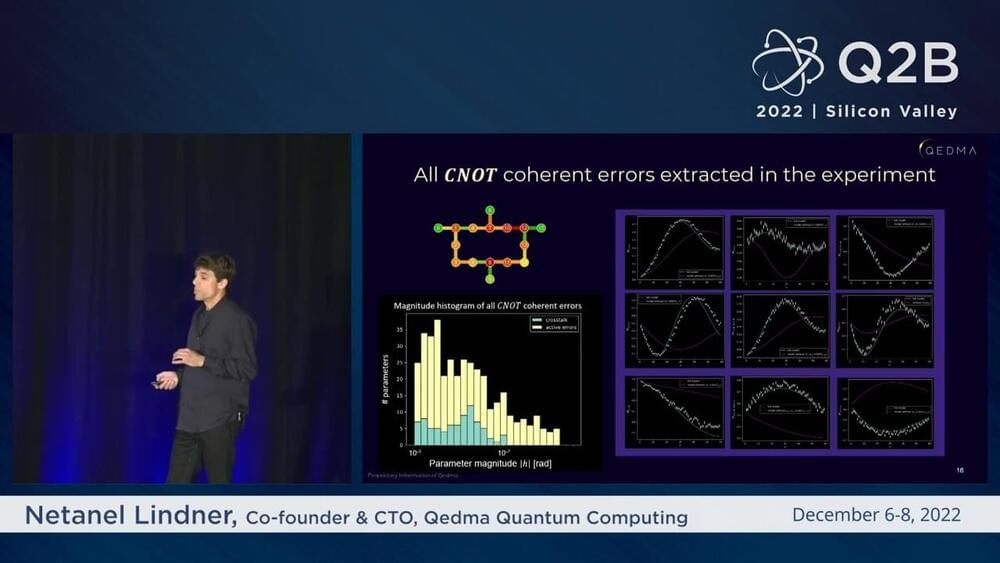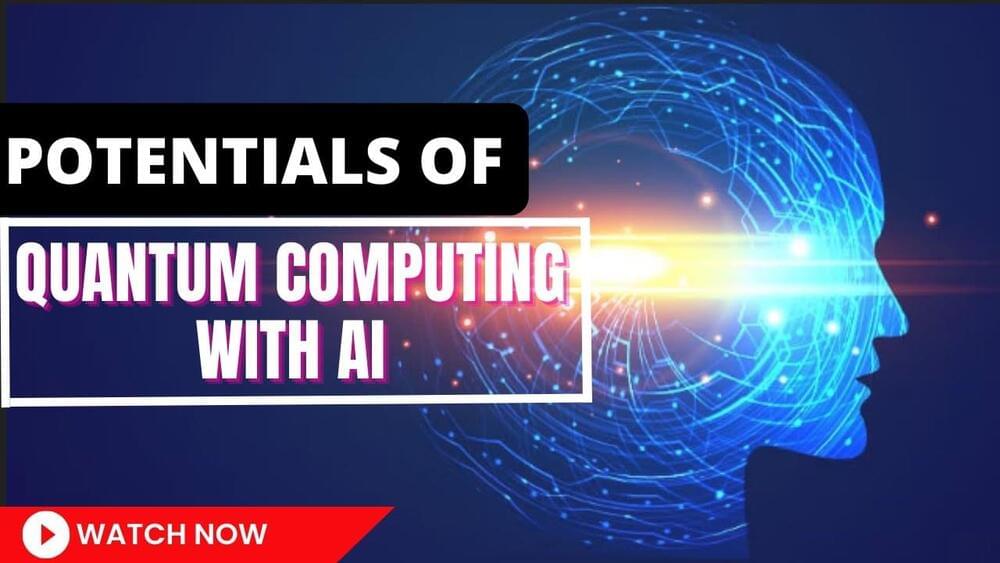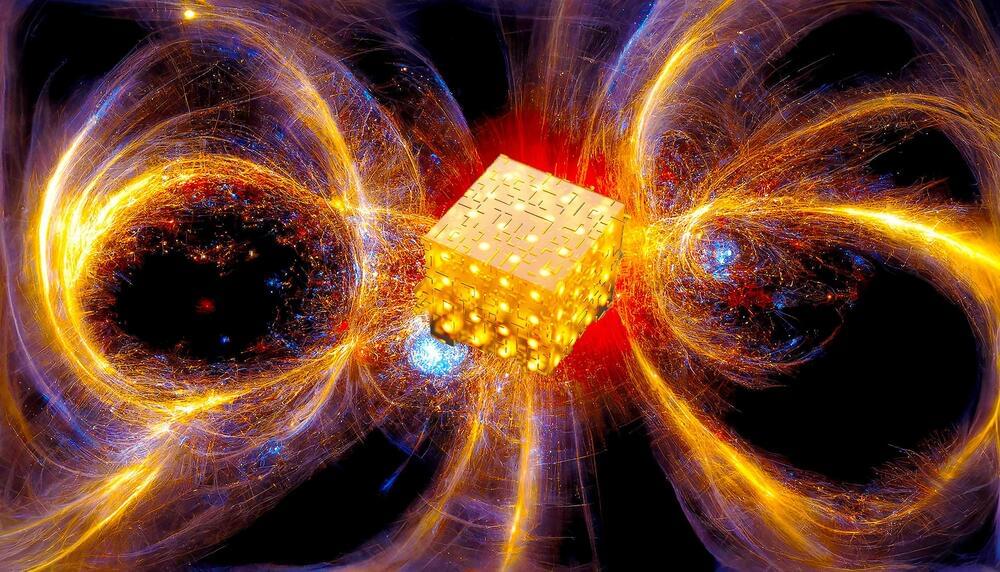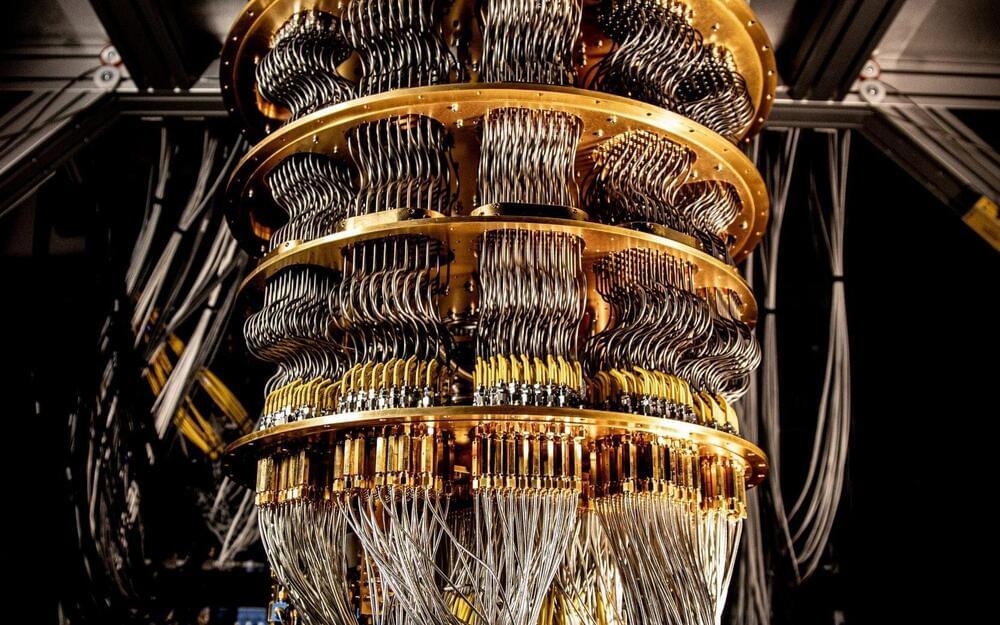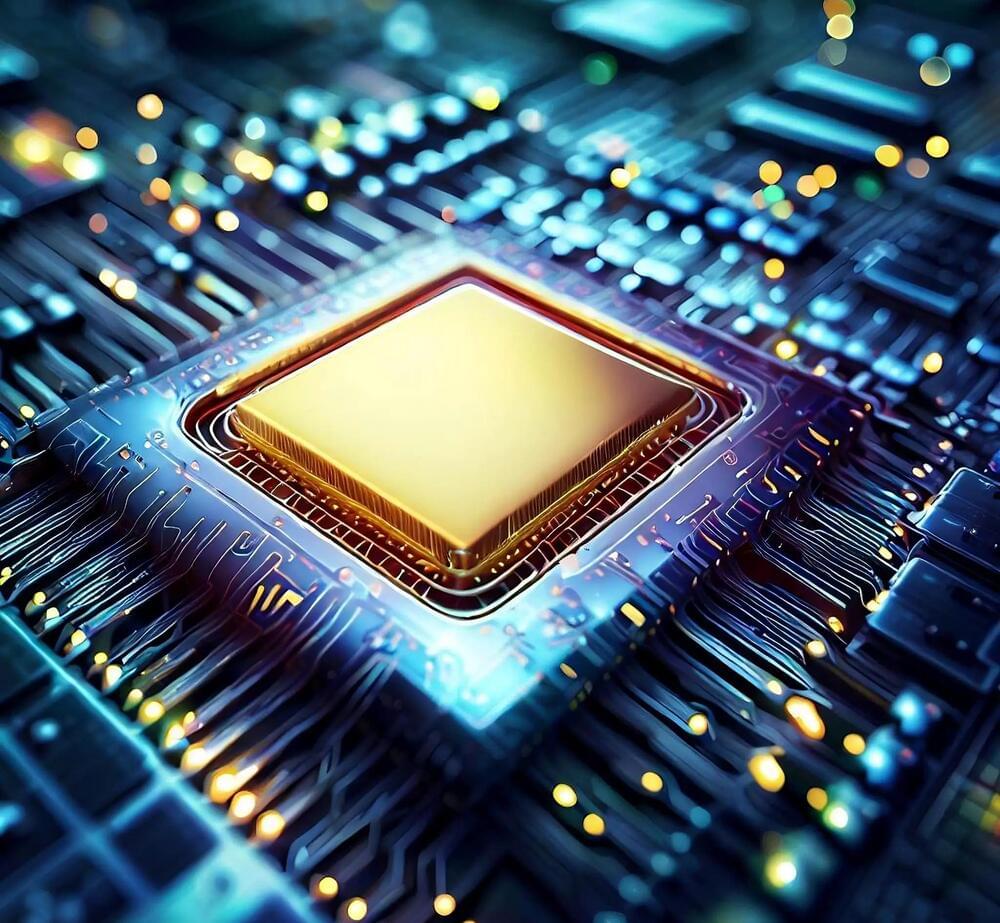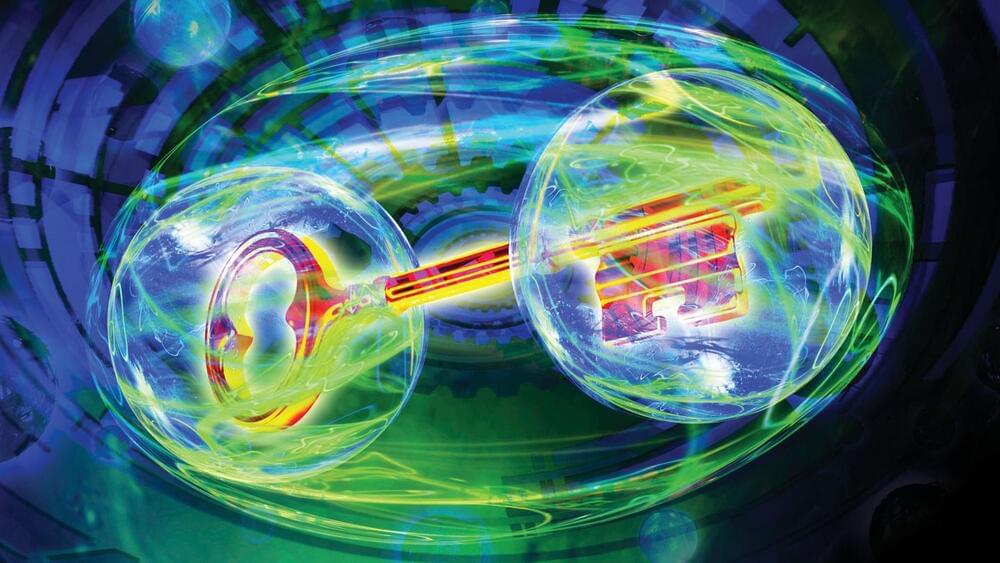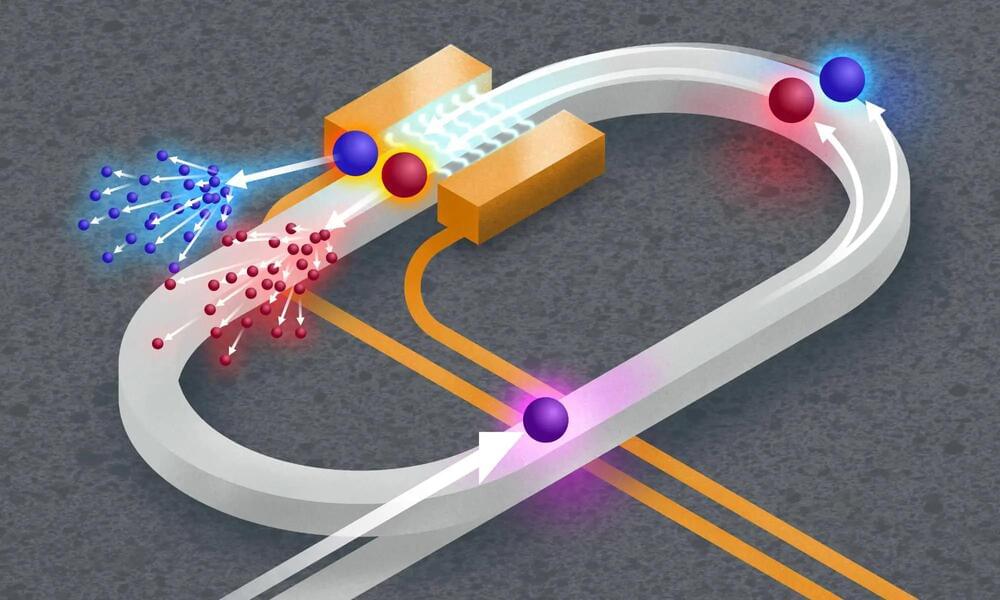Jul 5, 2023
Camera Sensitive Enough to Spot Single Photons Finally Achieved by Colorado Researchers
Posted by Josh Seeherman in categories: biotech/medical, computing, quantum physics, space travel
Camera sensitive enough to spot a single photon finally achieved by researchers in colorado.
A team of researchers from the National Institute of Standards and Technology in Boulder, Colorado, has successfully developed a super-sensitive camera capable of detecting a single photon.
This remarkable achievement opens up new avenues for scientific exploration and holds significant potential for applications in quantum computing, communications, space exploration, and medical research.
